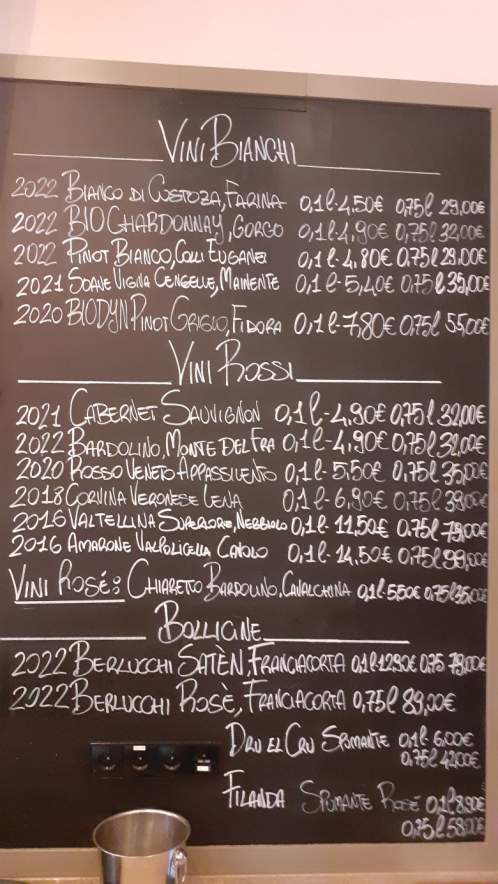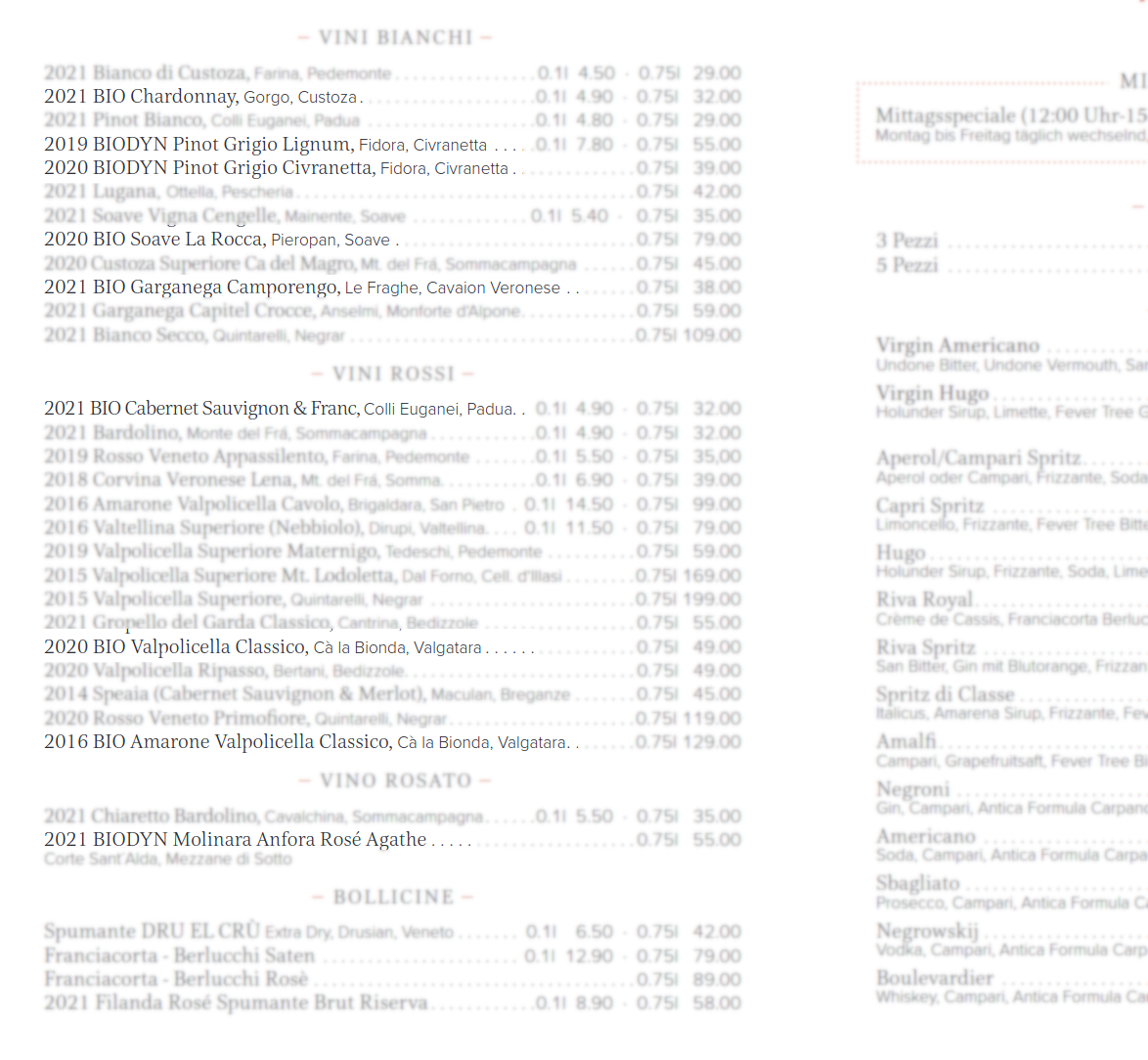In a well-known Italian day bar in Munich, I look at the blackboard with the open wines and am amazed: the term “BIO” or “BIODYN” is repeatedly placed in front of individual wines. A glance at the wine list confirms that almost a third of all wines are certified.

I ask the boss why BIO and BIODYN are mentioned at all and why they are emphasized by putting them in front of the grape varieties? “It’s a special award for the wines we want to show,” is his answer. In addition, there are sometimes one or two people who ask for organic wines. I think that’s a good idea.
As we all know by now, the catering industry is currently facing major challenges: A shortage of staff, rising costs and dwindling purchasing power and, as a result, a decreasing number of guests are leading to particular challenges and possibly economic difficulties.
The central question is: how can “gastronomy” make itself interesting in times of difficult conditions?
There is a bundle of answers to this. One of them: A clear and unambiguous positioning helps to be recognizable and to be noticed.
Consumers are becoming increasingly sensitive, paying more attention to better nutrition and healthier living and wanting to do as little harm to the environment as possible.
Sustainable gastronomy is a real competitive advantage. Guests demand outstanding products. If these are also sustainable, the quality standards of the catering trade are underlined.
In our newsletter, we always want to take up current market observations and look forward to your feedback and additional current thoughts on the respective topic.
Yours, Denis Duhme – denis.duhme@fair-wine.com
